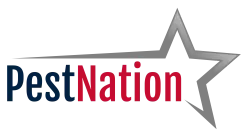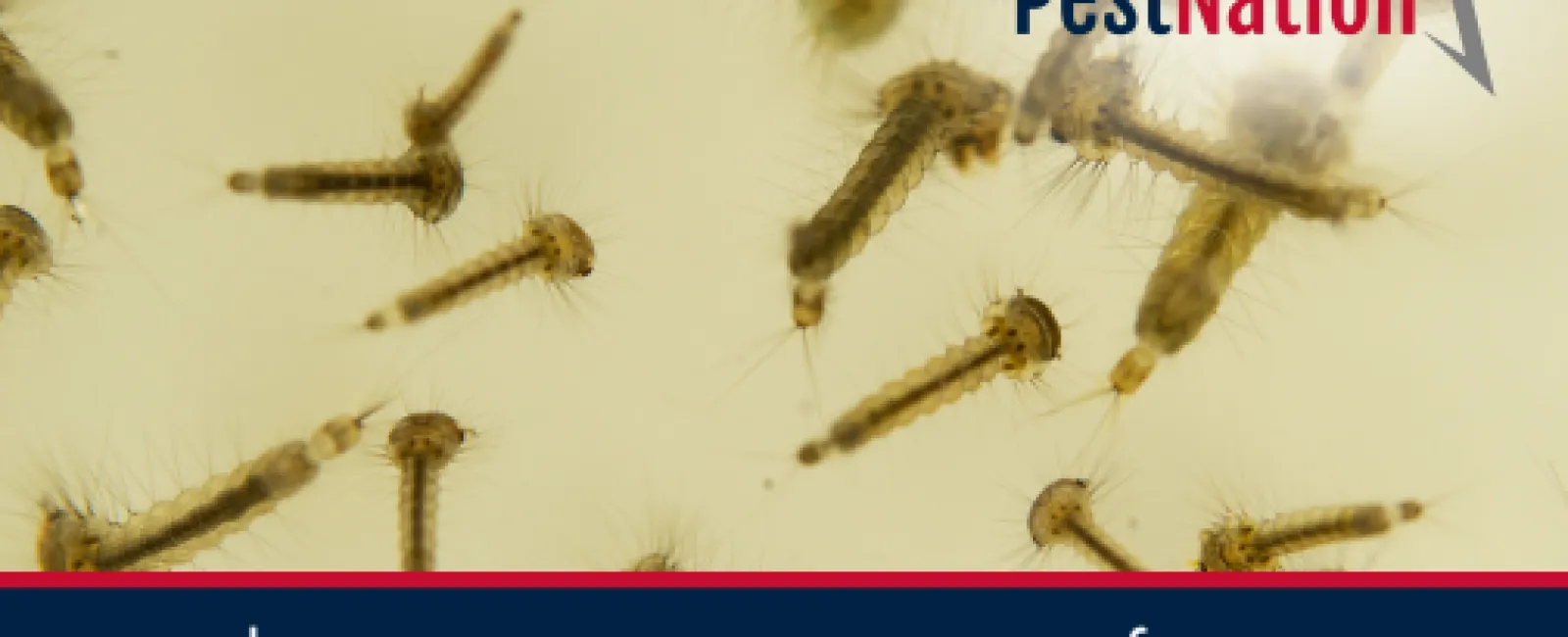For residents of humid Southern cities like Atlanta, Charlotte, and Charleston, summer rain showers are a regular occurrence. Unfortunately, along with the fresh scent of rainfall and temporary relief from the heat, rain also brings an unpleasant side effect: a noticeable spike in mosquito activity. After a downpour, it seems as though mosquitoes multiply overnight, filling backyards and patios with irritating bites and incessant buzzing. This is not a coincidence—mosquito populations thrive in post-rain environments due to the abundance of standing water, which serves as an ideal breeding ground for these resilient pests.
Understanding the link between rain and mosquito populations is vital for homeowners who want to safeguard their property and family. PestNation, a leading pest control provider in Atlanta, Charlotte, and Charleston, frequently sees a surge in service calls following rainy spells. With a professional approach and scientifically backed solutions, PestNation offers both proactive and reactive strategies to reduce mosquito infestations. This article explores how rain accelerates mosquito breeding, the dangers associated with unchecked mosquito populations, and how PestNation combats the problem through quarterly services, PestNation pest inspections, and advanced tools like In2Care mosquito traps.
Why Rain Supercharges Mosquito Breeding
Mosquitoes are drawn to moisture and thrive in warm, damp environments—conditions that are often amplified following a storm. Most mosquito species lay their eggs in standing water, which provides the perfect habitat for larvae to grow and mature into adults. After a rain event, water can accumulate in even the smallest depressions: clogged gutters, flowerpot saucers, birdbaths, discarded containers, children's toys, and even the folds of tarps. These overlooked puddles can become fully functioning mosquito nurseries in just days.
What's alarming is how fast the mosquito lifecycle progresses. Female mosquitoes can lay hundreds of eggs at once, and these eggs can hatch into larvae within 24 to 48 hours. From there, it takes as little as a week for those larvae to mature into biting adults—especially in warm climates like those found in Atlanta, Charlotte, and Charleston. This rapid development makes mosquito infestations particularly difficult to control once they've started, and it's why proactive prevention is so critical.
Standing Water: The Hidden Threat Around Your Home
Many homeowners are unaware of just how many water sources exist around their property until they experience a mosquito problem. After rain, a thorough inspection often reveals numerous hidden or inconspicuous breeding sites. Common offenders include:
-
Unused plant pots or trays
-
Birdbaths and fountains without circulation
-
Clogged or slow-draining gutters
-
Buckets and containers left outdoors
-
Kiddie pools and neglected above-ground pool covers
-
Low spots in lawns and landscaping features
-
Water collecting on tarps, outdoor furniture, or playground equipment
Even the water trapped in tree holes, hollow bamboo stalks, or blocked drainage ditches can become a haven for mosquito eggs. PestNation pest inspections thoroughly assess these risk areas as part of their integrated pest management approach. By identifying and eliminating breeding sources, PestNation helps homeowners dramatically reduce mosquito populations before they get out of hand.
Why Mosquito Control Is Crucial
While itchy bites are the most immediate nuisance, mosquitoes are far more than a summertime annoyance. They are one of the deadliest creatures on Earth due to the diseases they can carry and transmit. Even in the U.S., where disease transmission is less common than in tropical countries, outbreaks of West Nile virus and other mosquito-borne illnesses are not uncommon—especially in the South.
Moreover, high mosquito activity can severely impact quality of life. Outdoor activities become unpleasant or impossible, and some individuals may suffer allergic reactions to mosquito saliva. For families with young children or elderly members, mosquito control becomes not only a matter of comfort but also one of safety. That's why consistent and professional mosquito prevention should be a part of every homeowner's routine, especially after periods of heavy rain.
How PestNation Combats Mosquitoes After Rain
PestNation employs a combination of science-based methods and innovative tools to reduce mosquito populations effectively. Their Charleston pest control, Atlanta, and Charlotte interior and exterior pest treatments are designed to address the root causes of infestations and provide lasting relief. Here are some of the key methods PestNation uses to battle the post-rain mosquito boom:
1. Comprehensive Inspections
PestNation begins with a detailed assessment of the property to locate mosquito breeding sites. These PestNation pest inspections look at both interior and exterior areas, identifying standing water, damp zones, and vegetative overgrowth where mosquitoes might rest. During these inspections, technicians also look for signs of other pests, such as rodents, which can also be attracted to rain-soaked environments.
2. Source Reduction and Education
One of the most effective long-term strategies is removing or treating standing water sources. PestNation helps homeowners identify and eliminate these areas or apply larvicide treatments where water cannot be drained. Their technicians also educate clients on how to prevent future mosquito issues, such as improving drainage, trimming vegetation, and using proper yard maintenance.
3. Targeted Mosquito Treatments
For properties with high mosquito activity, PestNation applies EPA-registered adulticide and larvicide treatments to affected areas. These treatments are carefully targeted to shrubbery, under decks, and around water-prone areas where mosquitoes breed and rest. For homeowners in Atlanta, Charlotte, or Charleston, this service can be scheduled as a one-time application or as part of quarterly services for continued protection.
4. In2Care Mosquito Traps
One of the most innovative solutions PestNation uses is the In2Care mosquito trap. These traps attract female mosquitoes and contaminate them with a larvicide/fungus combo that not only kills the mosquito but also sterilizes breeding sites she visits afterward. It's a self-disseminating system that works continuously to reduce the mosquito population on a property. In2Care traps are especially valuable after rain, when breeding sites are abundant and widespread.
5. Ongoing Maintenance Through Quarterly Services
Rain isn't a one-time event, and mosquito control isn't a one-time fix. PestNation offers quarterly services to ensure that mosquito populations are consistently monitored and managed throughout the year. These recurring visits help stay ahead of breeding cycles and adjust treatment plans as needed based on weather conditions and mosquito activity levels.
Beyond Mosquitoes: Rain Can Worsen Other Pest Problems Too
While mosquitoes may be the most immediately noticeable problem after rain, they're not the only pests that benefit from wet conditions. Rodents such as rats and mice often seek shelter indoors when their burrows or nests become flooded. This increases the likelihood of a rodent infestation following heavy rain. Fortunately, PestNation's integrated pest control approach also includes rodent exclusion and prevention measures to stop these pests before they enter the home.
Furthermore, standing water and increased humidity can encourage the spread of termites, ants, cockroaches, and other moisture-loving pests. This makes Charleston pest control, as well as Charlotte and Atlanta interior and exterior pest treatments, especially important during rainy seasons. By addressing the full spectrum of pest risks, PestNation helps homeowners maintain a clean, comfortable, and pest-free environment year-round.
Rain is a natural part of life in the South, and while it brings much-needed water to our gardens and landscapes, it also brings with it the hidden danger of increased mosquito activity. The science is clear: standing water left behind after rain becomes a breeding ground for mosquitoes, allowing their populations to explode within days. From flowerpots to puddles in the yard, every drop of stagnant water presents a potential risk for infestation.
Thankfully, homeowners don't have to battle mosquitoes alone. With the help of professionals like PestNation, residents in Atlanta, Charlotte, and Charleston can take proactive steps to protect their homes and families. From thorough PestNation pest inspections to advanced tools like In2Care traps and dependable quarterly services, PestNation provides the expertise and support needed to control mosquito populations effectively.
Don't wait until your yard is overrun. If you've experienced rain and noticed an uptick in mosquito activity, now is the time to act. Contact PestNation today to schedule an inspection or mosquito control service and enjoy your outdoor space with peace of mind—rain or shine.

